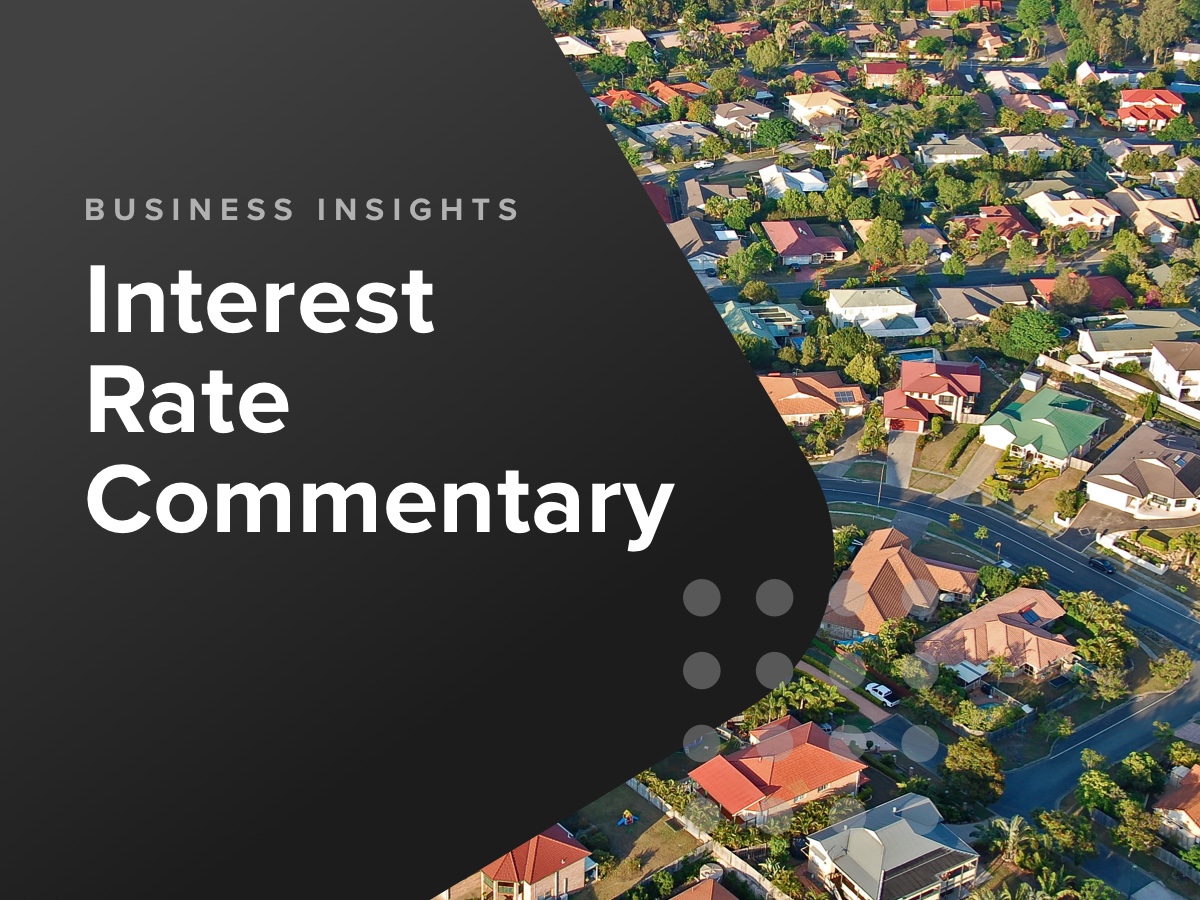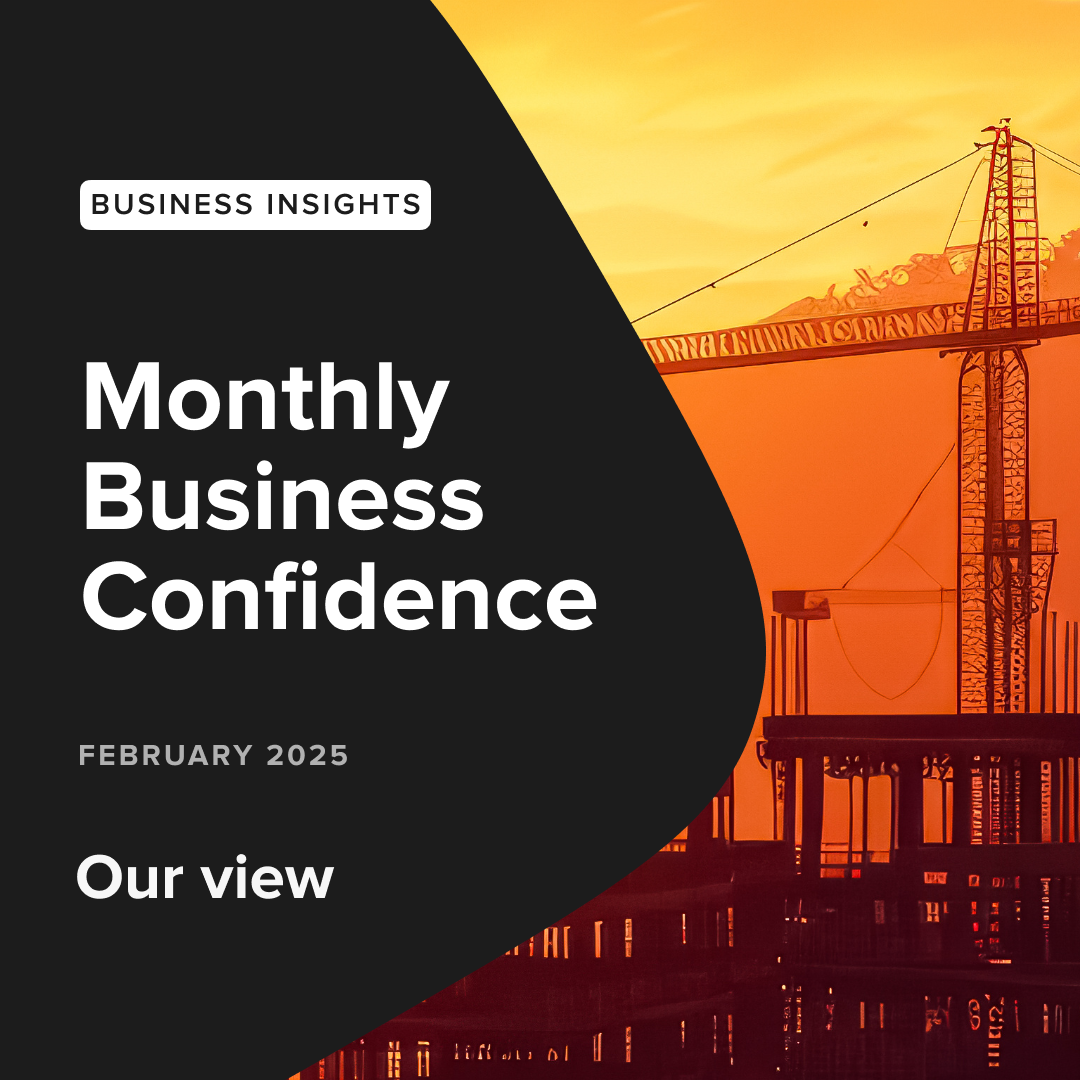CreditorWatch Chief Economist Anneke Thompson says:
“The Fair Work Commission (FWC) today announced a wage increase of 5.2 per cent for minimum wage earners. While this is the highest wage increase announced by the FWC in many years, it comes as the Reserve Bank of Australia (RBA) Governor Philip Lowe indicated inflation is likely to reach 7 per cent toward the end of this year. Today’s wage increase will be absolutely welcome for minimum wage earners and is unlikely to contribute to a wage-price cycle. As it stands it will only result in minimum wage earners barely keeping up with price increases and rising interest rates.
The news for business owners will be harder to take, as they are grappling with soaring costs for supplies, energy, transportation and finance. CreditorWatch data suggests all sectors will see their wage costs increase, both as a result of the Fair Work Commission (FWC) decision and strong competition across sectors also forcing up wages. However, the upside for businesses is that workers and jobseekers covered by today’s announcement will be further incentivised to increase their hours and/or take on additional work. This may result in some more slack in the labour market, which remains extremely tight.
While it’s unlikely that today’s decision by the FWC will directly cause any insolvencies, businesses already trading unprofitably will now need to pay their workers more. This leaves business owners with some tough decisions to make as economic conditions set to worsen before over the next few months.
NAB’s May Business Confidence and Conditions data slightly countered the views of small business owners and associations, showing business conditions remained strong across all industries. There is of course the notable exception of construction, where the profitability index remains almost 10 bps below pre-Covid levels. And while businesses have remained more optimistic than their customer, it’s unsurprising after two years spent coping with on and off lockdown restrictions. All other industries (combined) have a positive profitability index of 11.7 bps above pre-Covid levels, highlighting just how much of an outlier the construction sector currently is.
However, the Westpac-MI Consumer Sentiment Survey tells a different story, declining to record low levels experience only in times of ‘economic dislocation.’ With data and anecdotal evidence showing consumers are tightening their purse strings as economic risk factors rise, CreditorWatch’s Business Risk Index for May shows the Food & Beverage and Arts & Recreation sectors to be most at risk of default at 7.1% and 4.8%.These industries and others providing discretionary goods or services should prepare for more challenging trading conditions. So far, spending by consumers in Australia has held up well, but this is primarily due to ‘rebound’ spending post- lockdown, and should only be viewed as a temporary boost before consumers assess their financial situation and reign in spending ahead of a long winter.



